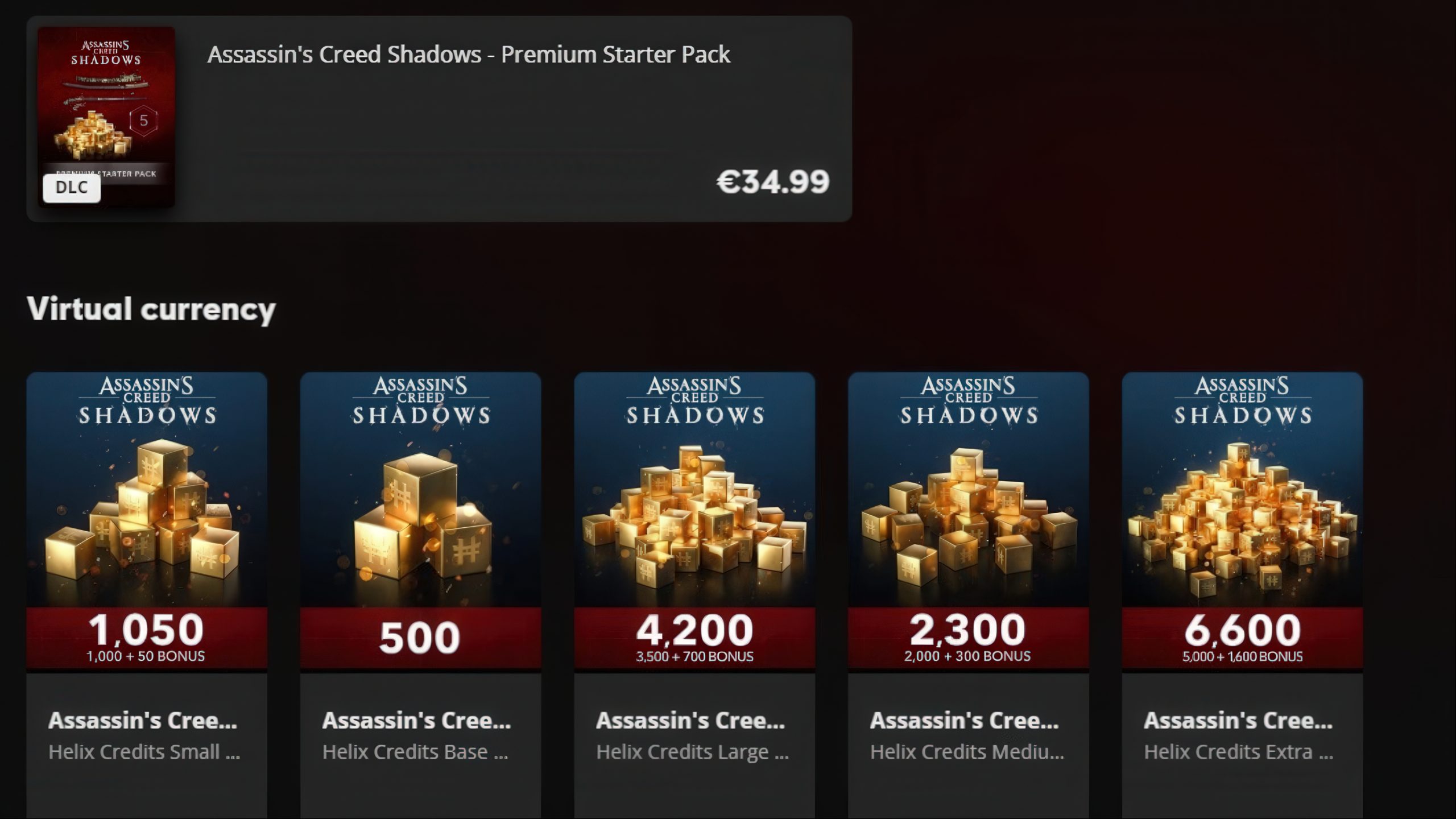In a recent financial report, Ubisoft stirred up controversy with a bold statement that microtransactions make premium games more fun. This declaration came from their annual business model and strategy discussion on page 10. Ubisoft’s stance is that the addition of microtransactions enhances the overall player experience by offering features like avatar customization or accelerated progress. 
However, they insist that these features are always optional, and players can enjoy the full game without ever spending extra money.
While this idea may seem acceptable to some, it has ignited anger among many hardcore gamers. The crux of the issue lies in the fact that premium games already have a price tag, which grants players full access to the core experience. The introduction of microtransactions in such games is seen as a cash grab that takes advantage of the players who have already paid for the game.
This isn’t a new trend for Ubisoft. The company first introduced microtransactions in their premium titles with 2017’s Assassin’s Creed Origins. These purchases were primarily cosmetic, such as special mounts, armor, and weapons, although some items offered powerful gear. The key point was that while certain weapons could be bought through microtransactions, equally strong alternatives could still be obtained through gameplay. Despite this, Ubisoft’s microtransaction practices have since become a staple in nearly every premium game they’ve released, including Assassin’s Creed: Shadows.
While Ubisoft claims their approach respects the player experience and ensures sustainability, hardcore gamers remain skeptical. The promise of an enjoyable, fully accessible game without additional spending may not be enough to calm the growing backlash. Ubisoft’s reputation among these players seems unlikely to improve any time soon, even with these assurances aimed at investors.